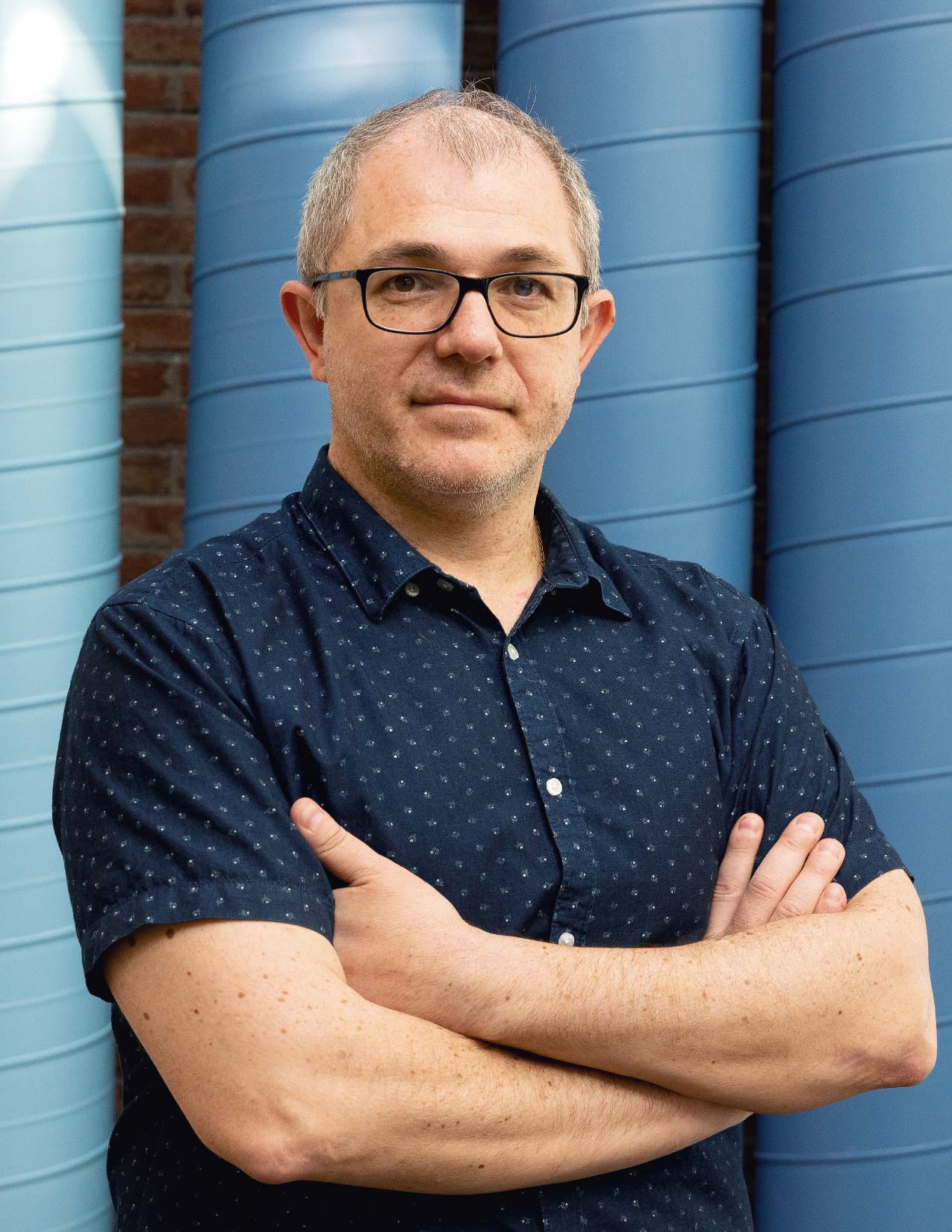Research Program. Precision Nutrition and Cancer
Molecular Immunonutrition Group
Group leader: Dr. Moisés Laparra Llopis
Objectives: Immunonutritional-based precision intervention strategies to selectively modulate innate immune responses preventing/treating the risk for severity of diseases affecting the gut-liver axis.
Understanding of how tolerance and immunity regulate antitumoral responses, among other, this project aims at elucidating innate cell biology as a path forward to develop durable, long-lasting immune responses.
To defi ne the extent to which immunonutritional-based modulation can be translated into physiological benefits within the neuro-immunometabolic axis.
Dr. Moisés Laparra Llopis
Group leader of the Molecular Immunonutrition Group
 José Moisés Laparra Llopis holds a PhD in Pharmacy gained during his stay at the High Research Council of the Spanish Government. His scientific career is focused on the field of intestinal homeostasis and the crosstalk within gut-liver axis. The novelty and scientific and social impact of his studies was used by the European Food Safety Authority to establish recommendations concerning staple foods. A continuous contact and interaction with internationally renowned research groups constitutes a constant in Dr. Laparra’s career. He held a leading position on prebiotic research awarded by The Fulbright Commission to conduct postdoctoral research in the Food Science Department at Cornell University.
José Moisés Laparra Llopis holds a PhD in Pharmacy gained during his stay at the High Research Council of the Spanish Government. His scientific career is focused on the field of intestinal homeostasis and the crosstalk within gut-liver axis. The novelty and scientific and social impact of his studies was used by the European Food Safety Authority to establish recommendations concerning staple foods. A continuous contact and interaction with internationally renowned research groups constitutes a constant in Dr. Laparra’s career. He held a leading position on prebiotic research awarded by The Fulbright Commission to conduct postdoctoral research in the Food Science Department at Cornell University.
Additionally, he participated in teaching activities that end up in a renowned honor thesis awarded by the professional organization for food science and technology professionals in the U.S. This experience favored his incorporation to the Institute of Translational Immunology at the University Medical Center of Mainz University as independent researcher. Dr. Laparra has published over 70 scientific articles and book chapters.
He has overseen several precompetitive public funded projects. As senior researcher at IMDEA Food he develops immunonutritional-based precision strategies to tumor suppressioner.
Email: moises.laparra@imdea.org
Phone: +34 91 727 81 00, ext. 213
| most relevant publications |
|
| main research grants |
|
Principal Investigator: Dra. Claudia Monika Haros Participant Investigator: Dr. José Moisés Laparra ___________ |
